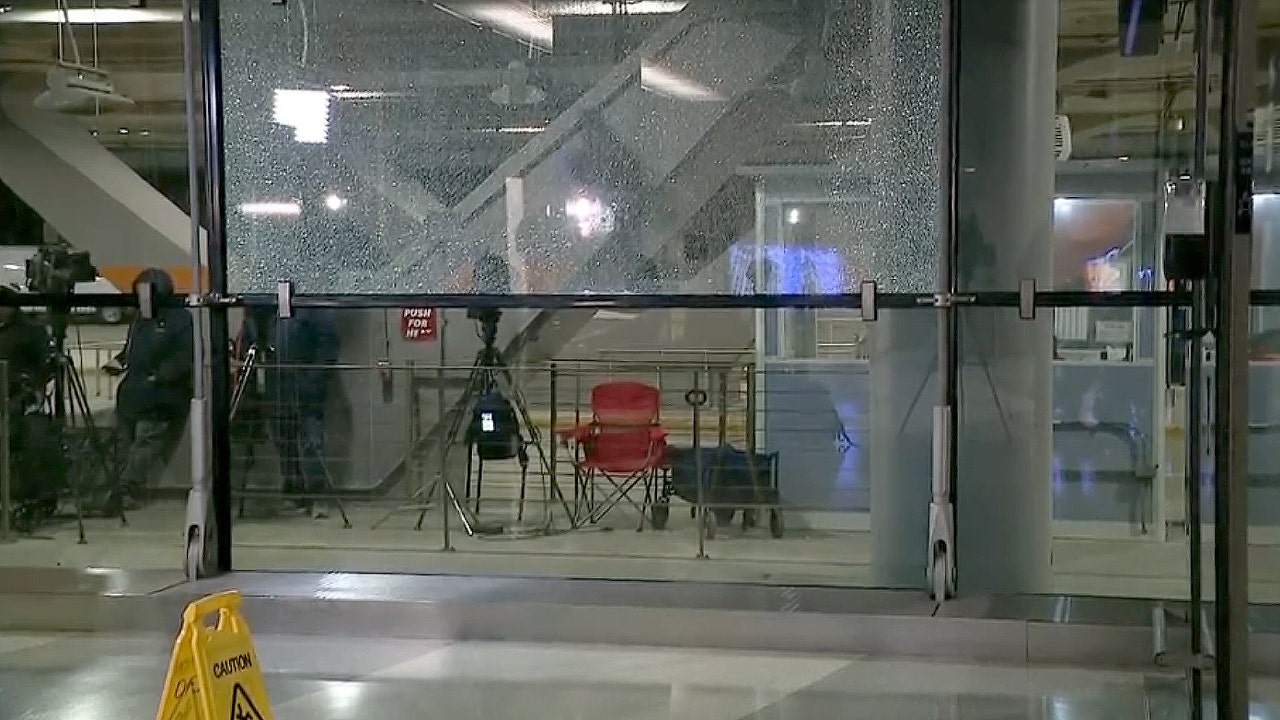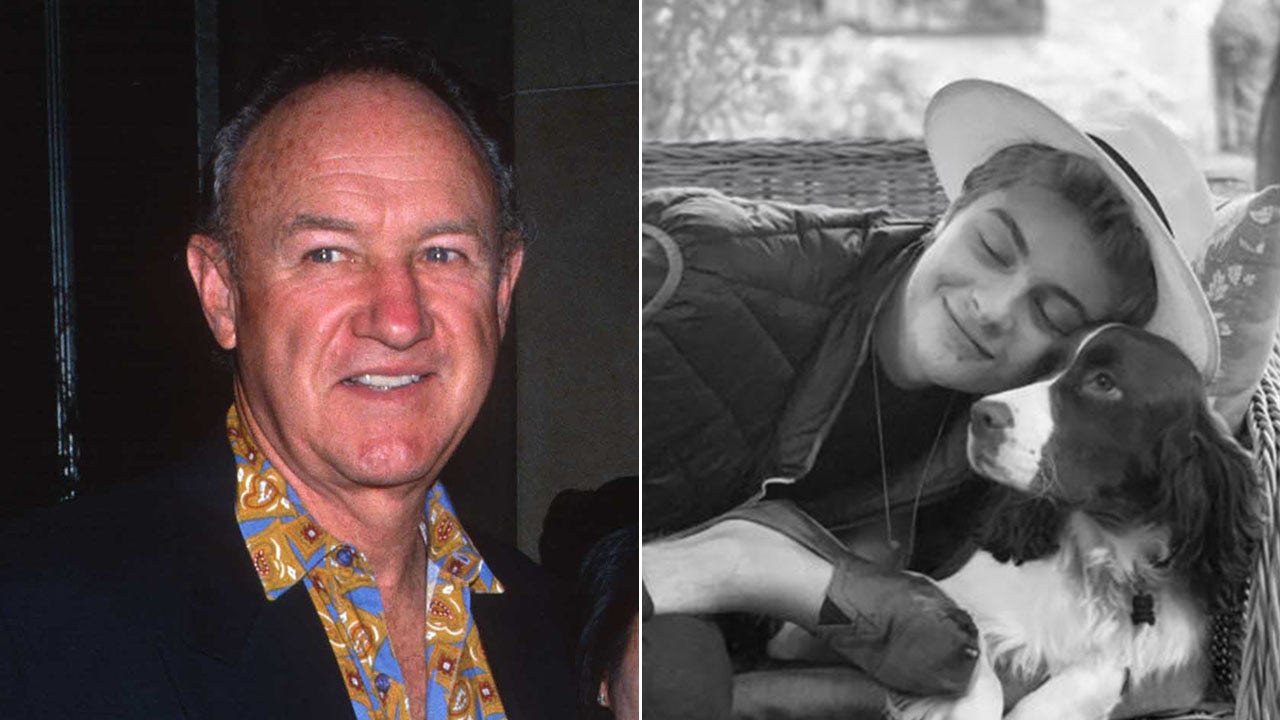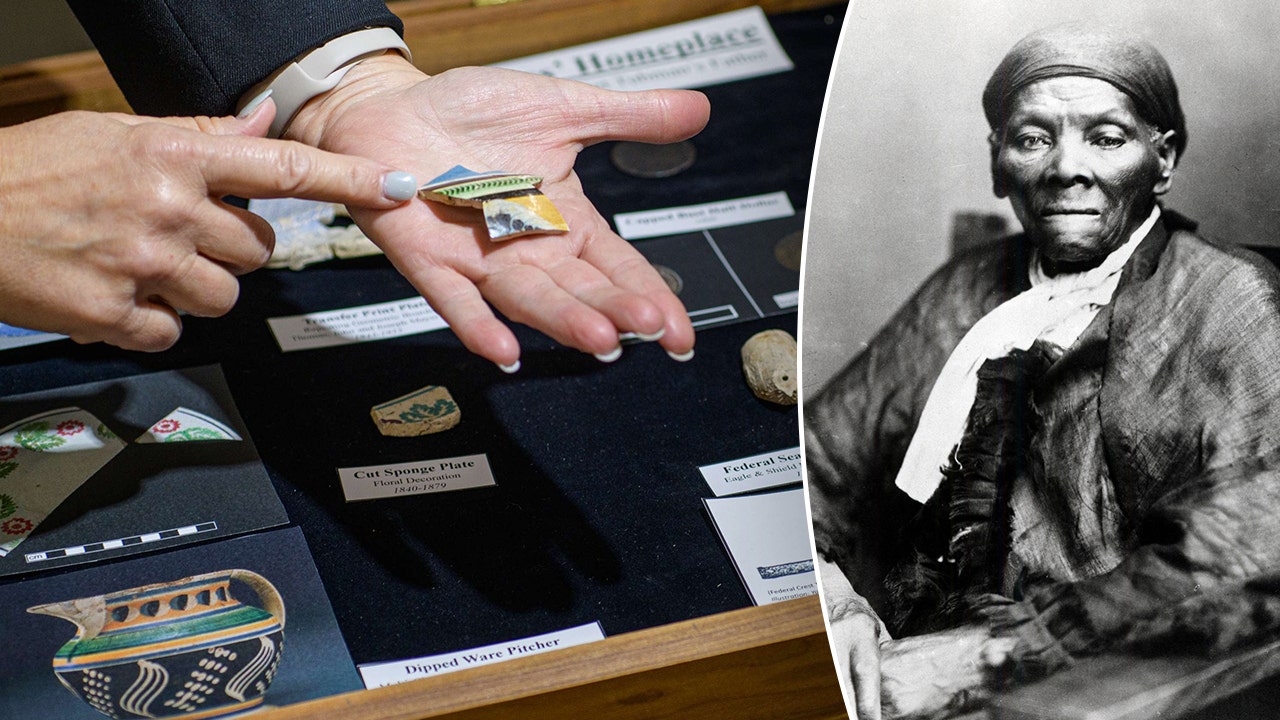CCSO Releases 911 Call: Search Continues for 80-Year-Old Woman with Alzheimer’s
Every year, thousands of individuals with Alzheimer’s disease go missing, causing immense concern for their loved ones. In a recent incident, an 80-year-old woman with Alzheimer’s has gone missing, prompting a frantic search by authorities. The Collier County Sheriff’s Office (CCSO) has released the chilling 911 call made by her worried family. With the clock ticking and the woman’s safety at stake, the search party continues to comb the area in hopes of bringing her back home safely.
The Disappearance
It all started when the elderly woman, named Margaret, wandered off from her home in Collier County, Florida. The distressing 911 call made by her anxious family members captured their desperation as they reported her disappearance to the authorities. The strong emotions in their voices and the urgency of the situation were palpable as they pleaded for prompt action to find their beloved mother and grandmother.
The 911 Call
The CCSO has made the wise decision to release the 911 call to the public, in hopes that it may provide crucial information or prompt someone to come forward with any relevant leads. In the recording, Margaret’s family members can be heard frantically explaining the situation to the dispatcher, offering detailed descriptions of her physical appearance and providing essential information about her diagnosis of Alzheimer’s disease.
Listening to the call, one can easily empathize with the family’s anguish and desperation. Their words portray a vivid picture of their fear for Margaret’s safety, and their plea for assistance reverberates with the knowledge that time is of the essence.
The Search Efforts
Since Margaret’s disappearance, a dedicated team of search and rescue personnel, including officers from the CCSO and volunteers from the community, have been tirelessly scouring the area to locate her. Helicopters equipped with infrared technology, trained search dogs, and experienced ground crews have all been mobilized to ensure no stone is left unturned in the search.
The CCSO has also used a variety of other resources to aid in the search, including social media platforms, local news outlets, and community alerts. By disseminating Margaret’s description, photographs, and last-known whereabouts to the public, they hope to maximize the chances of someone recognizing her and providing valuable information that could lead to her safe return.
The Challenges
Searching for a missing person with Alzheimer’s presents unique challenges. The nature of the disease can cause individuals to become disoriented, confused, and unaware of their surroundings, which significantly increases the risk to their personal safety. Additionally, the passage of time further compounds these risks, as dehydration, exposure to the elements, and other dangers become potential threats during an extended period outdoors.
Furthermore, the search effort must account for the fact that Margaret may not respond or recognize familiar voices or faces, making it even more crucial to have a diverse team of professionals well-versed in dealing with missing Alzheimer’s patients.
Community Support and Involvement
One positive outcome of such incidents is the incredible sense of community that emerges in the midst of tragedy. In the case of Margaret’s disappearance, the local community has rallied together, showing unwavering support for her family and offering resources, assistance, and prayers.
Volunteers have joined the search efforts, walking alongside the professionals, handing out flyers, and spreading awareness in their neighborhoods. Restaurants and businesses have displayed missing person posters, generating conversations and raising the visibility of this critical situation.
The Importance of Awareness
Incidents like Margaret’s disappearance shed light on the importance of raising awareness about Alzheimer’s disease and its unique challenges. By educating the public about the potential dangers faced by individuals with Alzheimer’s, communities can better equip themselves to prevent such incidents from occurring or to handle them more effectively if they do.
Furthermore, it highlights the importance of support and understanding for caregivers who are tasked with the responsibility of caring for loved ones diagnosed with Alzheimer’s. A robust support network and readily available resources can make a significant difference in the lives of both the patients and their caregivers.
Conclusion
The heart-wrenching 911 call released by the CCSO has pulled at the heartstrings of the community and served as a powerful reminder of the urgency of finding Margaret. As the search efforts continue, it is crucial for everyone to remain vigilant and spread the word about her disappearance. Together, with the unwavering commitment of the authorities and the support of the community, we hope for Margaret’s safe return, reminding us all that every missing person deserves a united effort to bring them back home.
*Source www.fox4now.com




































